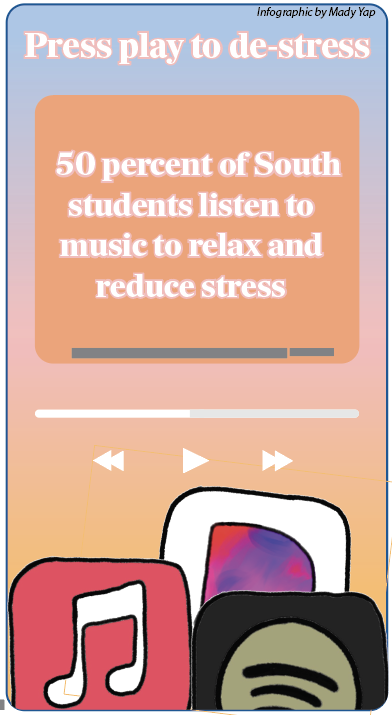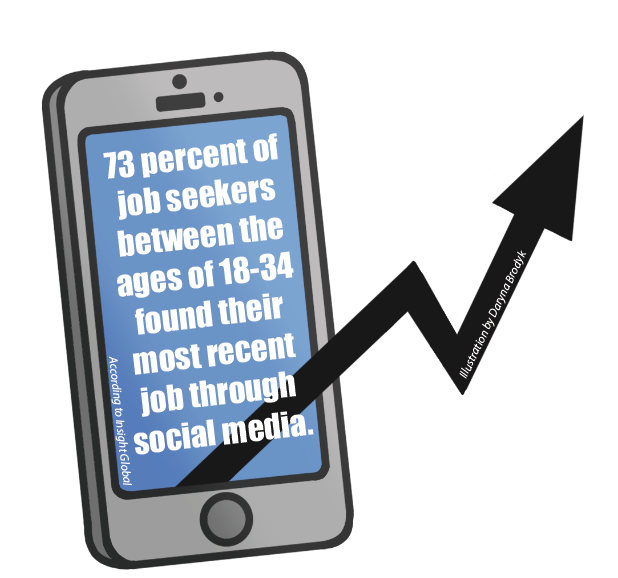Controversies surrounding Diversity, Equity, and Inclusion (DEI) policies have become one of the most disputed issues in higher-level education today, which could result in major implications on our school’s community and values.
DEI is defined as a policy, set of values, or practices that are “focused on establishing a group culture of equitable and inclusive treatment and on attracting and retaining a diverse group of participants, including people who have historically been excluded or discriminated against,” according to the Merriam-Webster Dictionary.
Initially designed to create more inclusive environments, DEI initiatives aim to address systematic inequalities by focusing on increasing representation and fairness in opportunities across different racial, ethnic, and gender groups. Initiatives can include “implementing accessibility measures for people with disabilities, addressing gender pay inequity, expanding recruitment practices among underrepresented demographics, holding anti-discrimination training and more,” according to ABC News.
But, DEI policies have recently taken a drastic decline as the Trump administration is pressuring educational institutions to dismantle the programs, according to the Los Angeles Times. Schools that resist this push face the threat of losing federal funding, which would inhibit their ability to function. Tony Sanders, Superintendant of the Illinois State Board of Education, recently challenged the U.S. Department of Education, claiming they already comply with current DEI policy and breifly halted any further impact. District 225 will always adhere to Illinois State Board of Education guidelines, according to Principal Dr. Barbara Georges.
At the moment, South strives to maintain a community rooted in inclusion and diversity. Our school has a diverse staff, offering varied viewpoints to students; our classrooms hold difficult discussions, expanding the perspectives of participants, senior Claira Paul, Student Body President, said. But in the absence of DEI, our community will be severed from the diversity which empowers us, Paul said.
With uncertainty surrounding the future of DEI programs, it is crucial that we continue to protect the value of diversity in our schools today.
Diversity is more than a preachable topic. Diversity is a tool that enhances critical thinking, creativity, and problem-solving skills in learning and workplace environments, Empowering Education, a non-proft that promotes elevated educations, stated. We can get trapped in our own ideas, but DEI efforts help broaden our perspectives and gather a deeper connection to the world and people around us, Paul said.
“DEI is just helping each other grow amidst each other, which is more important to have in the real world than [learning from a] textbook,” Paul said. “It’s so important to have a school that’s diverse, having kids of other cultures [from] all walks of life.”
Each of us is unique in our own way, regardless of race, ethnicity, religion, gender, sexual orientation, or even personality. It is essential that all of us are represented, all of our perspectives are valued, and all of our voices are heard.
Diversity isn’t just a buzzword, it is a vital component in shaping more connected and open-minded communities.
Even though DEI has been under attack, many schools have managed to pushback. There is still hope for DEI and by supporting DEI programs at South, we foster an environment where all students, regardless of background, can contribute to a brighter future.













